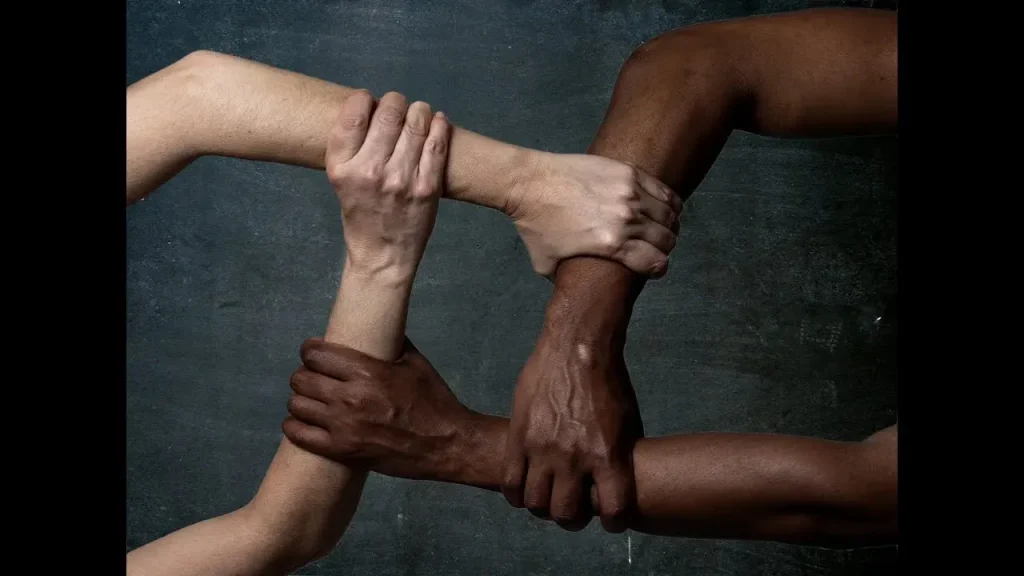Learn more about our initiatives supporting Black educators and students, aimed at fostering fair education and cultural exchange. Find details and the latest updates in our "News" section.
Systemic racism in education remains one of the most pressing issues in modern society, perpetuating inequality across generations. The BE-U initiative has emerged as a transformative force, championing equity and inclusion. But what specific steps are being taken to dismantle these barriers and create an educational system that serves all students equally?
Understanding Systemic Racism in Education
Systemic racism refers to institutional policies, practices, and cultural representations that reinforce racial inequities. In education, this often manifests in unequal access to resources, disproportionate disciplinary actions, and curriculum gaps that fail to reflect the diverse experiences of students.
The Long-Lasting Effects of Inequality
Children from marginalized communities frequently face challenges such as underfunded schools, lack of qualified teachers, and limited extracurricular opportunities. These disadvantages create a cycle that extends into adulthood, affecting access to higher education and career prospects.
BE-U’s Mission: Building a Foundation for Equity
The BE-U initiative focuses on promoting belonging, equity, and unity. By addressing systemic issues head-on, BE-U aims to transform the educational landscape through innovative programs, policy reform, and grassroots collaboration.
Key Objectives of BE-U
- Advancing Policy Reform. Advocating for equitable funding models to ensure all schools receive the resources they need.
- Enhancing Teacher Training. Offering professional development programs that focus on cultural competency and implicit bias awareness.
- Empowering Communities. Partnering with local organizations to amplify marginalized voices and foster community-driven change.
Concrete Steps Toward Equality
BE-U has implemented a multi-pronged strategy to challenge systemic racism in education effectively:
Curriculum Reform
Creating inclusive curricula is a cornerstone of the initiative. This involves introducing materials that celebrate cultural diversity, highlight the contributions of marginalized groups, and foster critical thinking about historical injustices.
Redefining Disciplinary Policies
Students of color are disproportionately subjected to punitive measures such as suspensions and expulsions. BE-U promotes restorative justice practices, encouraging dialogue and mutual understanding over punishment.
Expanding Access to Advanced Programs
Gifted and Advanced Placement (AP) programs often lack representation from minority students due to systemic biases. BE-U works to identify and remove barriers, ensuring that all students have equal opportunities to excel.
Building Inclusive School Cultures
The initiative encourages schools to cultivate environments where every student feels valued. This involves implementing anti-racist training for staff, promoting peer support groups, and celebrating diversity through school-wide events.
Measuring Success: How Can Progress Be Evaluated?
To assess its impact, BE-U utilizes a robust framework that includes:
- Data Collection and Analysis. Monitoring enrollment, achievement, and disciplinary data to identify trends and measure improvements.
- Community Feedback. Regular surveys and focus groups to ensure initiatives align with the needs of students and families.
- Public Accountability. Publishing transparent reports to track progress and maintain momentum for change.
A Collective Effort for a Just Future
The fight against systemic racism in education requires collaboration from all stakeholders, including educators, policymakers, students, and families. BE-U’s comprehensive approach not only addresses immediate issues but also lays the groundwork for lasting equity.
By fostering unity and prioritizing systemic change, the initiative inspires hope for a future where every child can reach their full potential, regardless of race or background.


